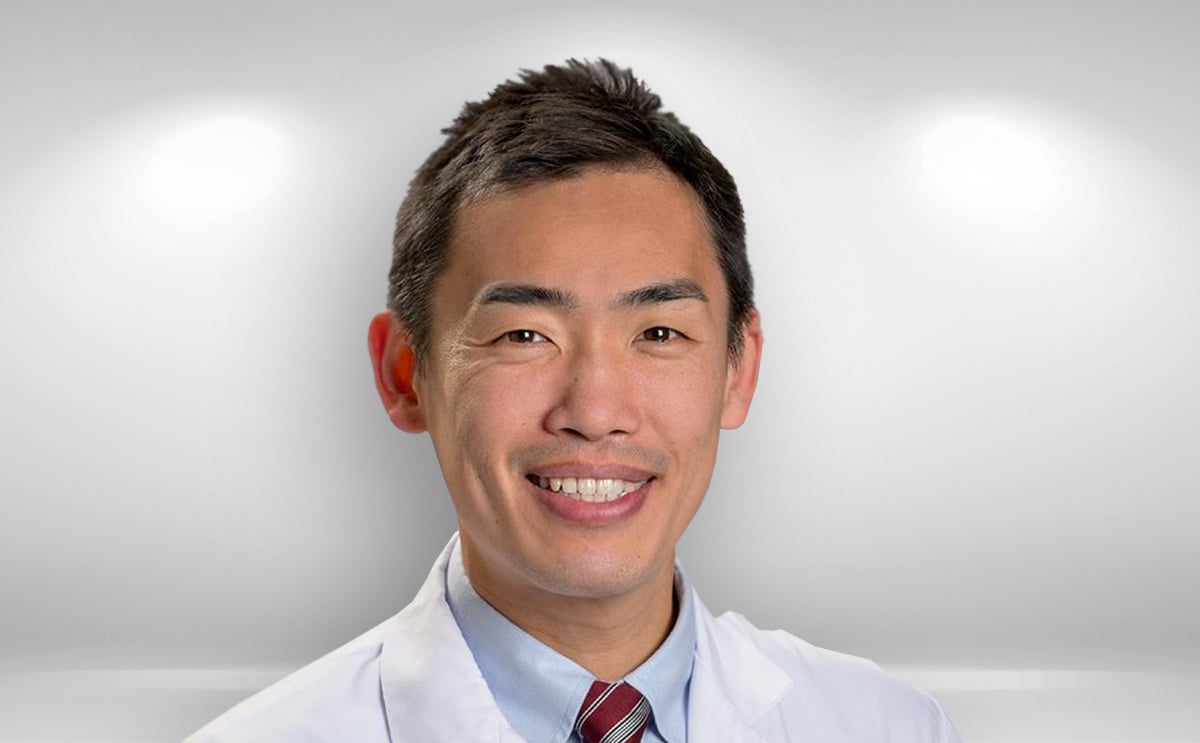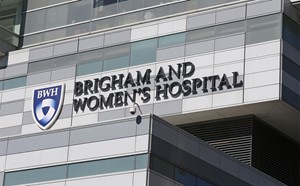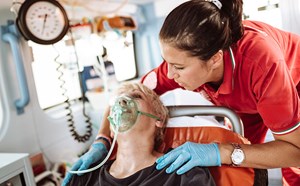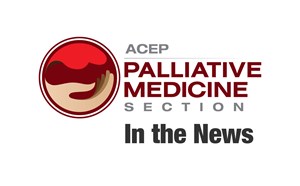
Member Spotlight - Dr. Kei Ouchi
- Job Title: Instructor of Emergency Medicine at with Brigham and Women's Hospital in Boston/Harvard Medical School, Head of ACEP Palliative Care Section Research
- Specialties: Emergency Medicine & Internal Medicine
- What is your "niche" in EM?: Goals-of-care conversation in the ED setting.
- Research interests: Advance care planning in the emergency department, prognostication of older adults, behavioral interventions
- One word that describes you: Determined
Profile
I am a clinical investigator and clinically active as an associate physician in the Emergency Department (ED) and a home hospital physician in the Department of Medicine at Brigham and Women’s Hospital / Brigham and Women’s Faulkner Hospital. I was also a research fellow in the Department of Psychosocial Oncology and Palliative Care at Dana Farber Cancer Institute completed in May 2018.
As a physician trained in Internal Medicine and Emergency Medicine, I see a gap in quality of care for older adults with serious, life-limiting illness. Most such patients are reluctant to discuss their goals for medical care despite their progressive illness. The opportunity to have in-depth conversations about values and preferences (abbreviated, the “conversation”) with any physician is scarce, and many such patients present to the ED without any advance directives. This not only complicates the care in the ED, but it is a missed opportunity to facilitate this important conversation.
I am passionate about aligning the care to patient’s values and preferences at the end of life. My current research focuses on identifying older adults who would benefit from these conversations and empowering them to formulate their goals for medical care in the ED. By facilitating high-quality conversations to understand patient’s values and preferences, I will achieve this goal, so that every patient with serious illness will receive the type of care that he/she deserves.
How do you prepare for a your next big project? How do you recover from one?
I find the most important preparation step is back-planning. I figure out the due date, back calculate from there what I need to get done by when with who’s help, and I place them all in my calendar as small deadlines.
I recover from a big project (especially if it doesn’t go well) by running (even if it’s snowing), taking a long bath, and watching simple movies.
What are the top 3 ways you keep healthy?
I don’t work after my kids go to sleep unless there is an absolute deadline that I need to meet. I also ignore work during weekends as much as possible. I try to exercise (better if I can do it with my kids) also.
What are the biggest challenges you face in maintaining a longstanding career in EM/ HPM? How do you address these challenges?
I constantly ask myself if the way I’m doing something is the best way to make an actual impact. This is hard to figure out, and I rely on my respected mentors to guide me. Sure, I make lots of mistakes about allocating efforts to things that may not have impact (retrospectively identified), but I try to keep a positive mind not to repeat those mistakes. The most important compass I use is whether a particular activity really “sparks joy” in my life.



